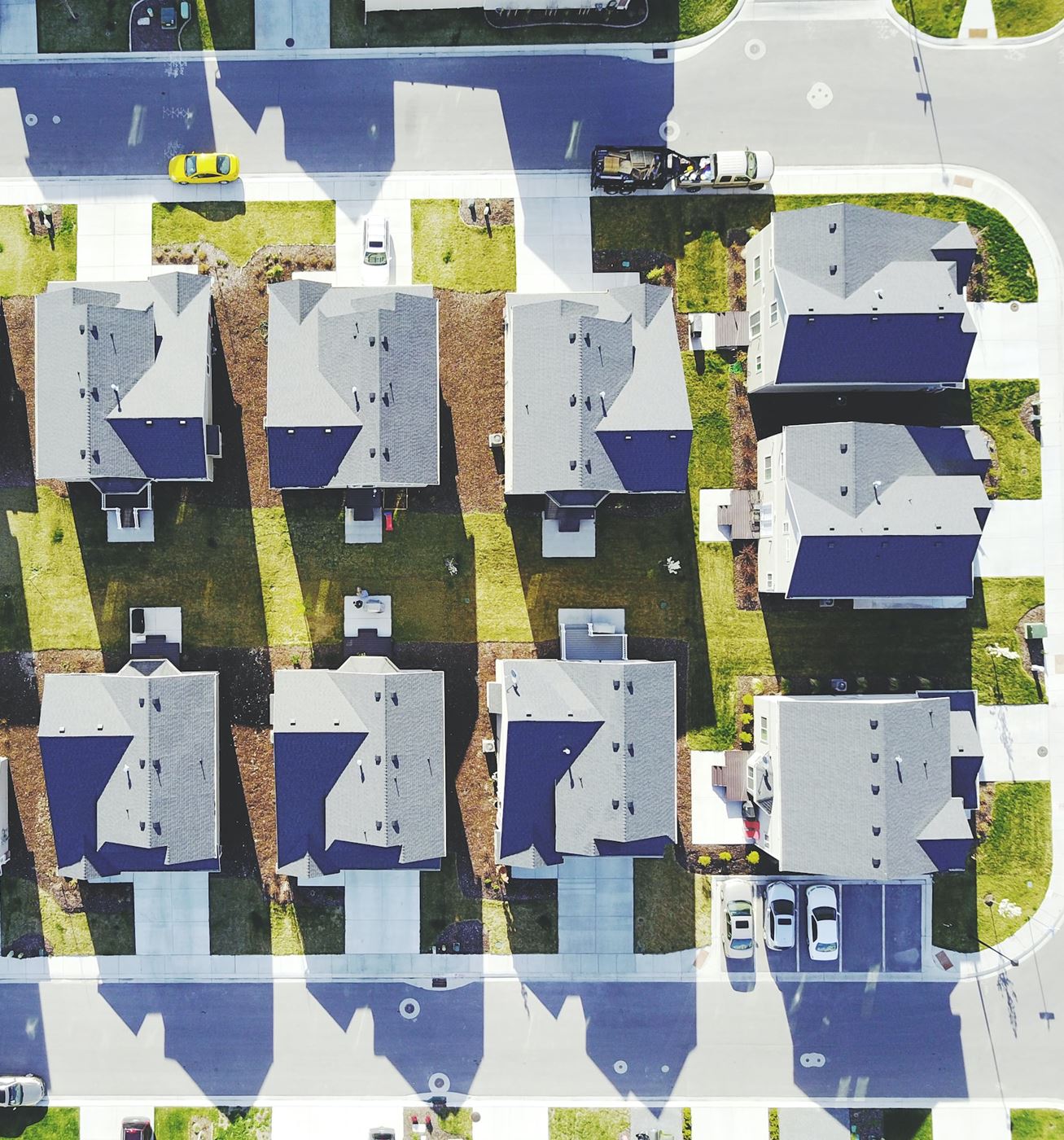Buy, sell and lease property with holistic residential property advice that covers everything from conveyancing to adverse possession.
RESIDENTIAL PROPERTY LAWYERS- PROTECT YOUR INVESTMENT WITH HOLISTIC ADVICE
Property law is complex, and overlooking a clause or incorrectly drafting an agreement can have significant consequences.
That’s why it’s worth getting experienced residential property lawyers in Melbourne to handle your conveyancing, lease and approval scenarios.

Residential Property Conveyancing

Residential Property Leases

Residential Building Contracts and Approvals

Property Contract and Legal Advice

Neighbourhood Disputes

Title Searches and Land Enquiries
Explore our commercial property solutions.
We help landlords, builders and developers draft contracts, manage tenants, and expedite projects.

Residential Property Conveyancing Melbourne
Conveyancing is the process of transferring ownership of a property from one party to another.
It’s a complicated process with lots of different steps, but the most important parts are:
- Getting a contract of sale that protects your rights
- Making sure there’s nothing wrong with the property
- Making sure financing and settlement goes smoothly so you don’t miss out on your dream home
Our experienced residential property lawyers in Melbourne help make sure your property purchase/sale is covered from all angles.
We’ll support you through the conveyancing process, but our residential property lawyers will also use our holistic legal knowledge to identify other considerations (such as tax and estate planning concerns), as well as defend your rights if the other side doesn’t do the right thing.
For Buyers
- Preparation and review of contracts of sale
- Representation during offer negotiations
- Deposit arrangement and holding
- Arrangement of insurance and certificates of currency as necessary
- Referral to reputable pest and building inspectors
- Preparation and signing of transfer documents
- Stamp duty payments
- Requisitions on title and land searches
- Adjustment payments
- Settlement
For Sellers
- Review of contracts of sale
- Representations during offer negotiations
- Mortgage payouts and discharge
- Adjustments collection
- Settlement
Residential Property Leases
In residential tenancy situations, both lessors (landlords) and lessees (tenants) have rights.
Landlords must allow tenants to have ‘quiet enjoyment’ of the property and make sure the property meets minimum standards (among other obligations).
Tenants’ obligations include paying rent on time, keeping the property clean and free of damage, and not conducting illegal activities on the property.
If you believe your rights have been infringed by the other party in your residential tenancy, it’s important to get legal advice.
Our Melbourne property law solicitors can help you reach an equitable resolution in a fast, cost-effective manner – and prevent long-running disputes that cause problems for both sides.

Success Story
”I used Jesse as my lawyer. I found him to be extremely responsive and very knowledgeable in the work that I engaged him for. Nothing was a drama for him. His skills are excellent and I received a very rapid and favourable outcome in my case.
Terry Georgiou
Thanks again. HIGHLY RECOMMENDED !

Residential Building Contracts and Permits
In Melbourne – and elsewhere in Victoria – owning land doesn’t mean you can build whatever you want.
Most large landscape structures, including retaining walls over certain heights, require building permits to erect.
You may also need to apply for permits to subdivide property, build new houses, add extensions to existing homes, or install swimming pools.
Our property law team can lodge your permit applications with either City of Melbourne or Greater Dandenong Council, giving your new project the best chance of success.
Your Law Team
Jesse LaGreca
Partner | Principal Solicitor
Jesse is a highly experienced commercial solicitor admitted at both the Supreme Court of Victoria and the High Court of Australia.
He excels at partnering with growing organisations to help drive sustainable growth.

Practical Guides to Property Law
When you’re preparing for your consultation with one of our team, reading up on the basics of property law can be helpful.
Get started with our library of easy-to-read articles and guides.

How Commercial Law is Regulated in Australia and Why Melbourne Businesses Trust Pentana Stanton
Residential Property Law FAQs
How much does a property lawyer cost in Melbourne?
Some Melbourne property lawyers may offer fixed-fee conveyancing for rates ranging from $600 to $2,000. In more complex property law matters, though, solicitors normally charge an hourly rate ranging from $300 to $500 per hour.
What type of lawyer do I need for property disputes?
If your neighbour or landlord is being belligerent, unreasonable, or infringing on your rights, a property lawyer can help you resolve your dispute in a swift, cost-effective way. Disputes can often revolve around:
- Bond claims
- Rental agreements
- Rental repairs
- Notices to vacate
- Fences and trees
- Loud music or animals
Often, the best way to resolve a property dispute is to talk to your neighbour or landlord. If you can’t reach a compromise, sending a formal notice detailing your concerns may help them understand that the situation is serious.
When both in-person and written requests fail, your solicitor may be able to help you arrange an informal mediation session. In some cases, your neighbour may have breached council by-laws – your solicitor can help remind them of this.
As a last resort, you can take your dispute to VCAT, where your solicitor can help represent your side of the matter in the best possible light.
What is adverse possession in Victoria?
Adverse possession occurs when someone other than the land’s titleholder occupies the land for more than 15 years without the legal owner’s permission or objection. If certain criteria are met, the occupier can legally force the title of the land to be transferred from the titleholder to themselves without any exchange of money.
The main criteria for adverse possession are:
- That use of the land was exclusive and uninterrupted for more than 15 years
- That the land was enclosed via walls, fences or buildings to exclude external use
- That there was a means of access to the land
- That the occupier maintained and/or developed the land
- That the land is not owned by certain bodies, like the government or water authorities
Normally, adverse possession claims relate to fencing disputes, where the fences between two properties might not match the title boundaries.
If you think you might have a case of adverse possession – or could be at risk from one from a neighbour – get in touch with our team.




